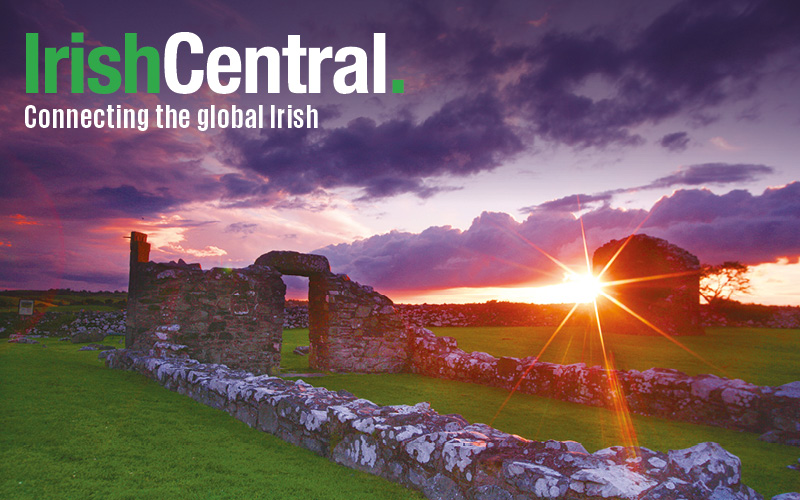About half of the 40 million Irish Americans are Protestant according to the General Social Survey (GSS), a national survey that collects data on demographics and attitudes, while only one third are Catholic. The rest did not answer or claimed no religion.
The 40 million includes those who say they are of Irish heritage (about 35 million) and 5 million who claim Northern Irish ancestry.
The GSS is a major nation-wide survey run by the National Opinion Research Center at the University of Chicago. Conducted every other year, it polls randomly a randomly selected sample of over 55,000 adults across the country on demographics, attitudes and opinions.
Based on the survey, 20 million Irish are Protestant Irish while 13.3 million are self-professed Catholic Irish with the rest not answering or no religion.
The sense has long been that Irish Catholics are the most prominent. Major events such as JFK’s landmark election as the first Catholic U.S. president raised the Irish Catholic profile.
In addition, through their own schools, dances, and religious orders, Catholicism seems woven into the very fabric of Irish American history.
It comes as somewhat of a surprise, then, that results from the General Social Survey (GSS) show the Irish American population is more Protestant than it is Catholic.
A recent article from political scientist and writer Tobin Grant dissected the GSS’s findings on Irish Americans and religion from 2000 – 2012. As the graph below shows, close to half the Irish American population is Protestant, while just one-third of Irish Americans are Catholic. The numbers level out when it comes to religions those surveyed were raised practicing – about 40% for each. {The navy designates Protestant the red Catholic.}
What this also proves is that more Catholics desert the religion than Protestants, as both sides are pretty equal starting off growing up.
Questions asked by the GSS include: “From what countries or part of the world did your ancestors come?”; “What is your religious preference? Is it Protestant, Catholic, Jewish, some other religion, or no religion?” and “In what religion were you raised?”
People of Irish ancestry make up 16% of the Catholic population. That’s compared to 20% of evangelicals in the South, where a great number of Irish Americans have joined the Southern Baptist denomination over the years. Some have converted to Protestant, while others have cut ties with organized religion altogether.
Tobin attributes this to a divide between the groups that goes back to when the majority of them immigrated. The Protestant Irish, often referred to as the Scotch-Irish here, began, for the most part, immigrating sooner than Irish Catholics, many in the 1600s and 1700s. In comparison, greater numbers of Irish Catholics are what we today think of as Famine Immigrants – people who came to American during and in the wake of the Great Hunger.
Quoting the research of Canadian Michael P. Carroll, Tobin writes:
“Carroll concludes that being Irish in America has two different meanings today. For Catholics, the link between being Catholic and being Irish is now entrenched, with Irish Catholics often viewed as being devout. ”Claiming an Irish identity can function for Catholic Americans as a way of presenting themselves to others as a good Catholic,” Carroll said.
“For Protestants, however, being Irish is a link back to ‘Scotch-Irish’ roots that go back to the 1700′s [sic]. It is an ethnicity associated with individualism, evangelicalism, and determination. 'Claiming an Irish identity today is a way for Protestant Americans to associate themselves with the values of the American Revolution, or, if you will, is a way of using ethnicity to be American,' Carroll concluded.”
What do you think accounts for this disconnect between statistical findings and ingrained ideas? Comment below with your thoughts.




Comments